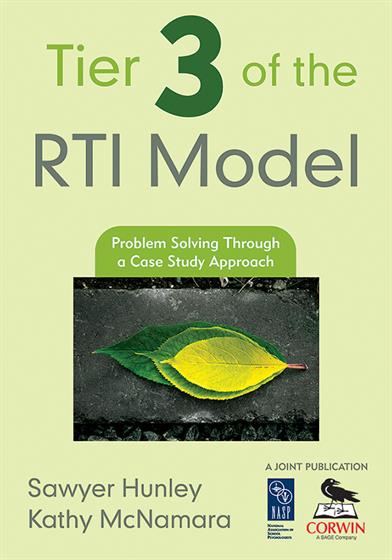
Hands-on, Practical Guidance for Educators
From math,
literacy, equity, multilingual learners, and SEL, to assessment, school counseling,
and education leadership, our books are research-based and authored by experts
on topics most relevant to what educators are facing today.
Bestseller!
Tier 3 of the RTI Model
Problem Solving Through a Case Study Approach
Addressing both academic and behavioral challenges, this book offers RTI teams specific steps for conducting comprehensive evaluations of students in tier 3 of the RTI model.
Product Details
- Grade Level: PreK-12, Elementary, Secondary
- ISBN: 9781412953313
- Published By: Corwin
- Year: 2009
- Page Count: 248
- Publication date: October 07, 2009
Price: $41.95
For Instructors
When you select 'request review copy', you will be redirected to Sage Publishing (our parent site) to process your request.



